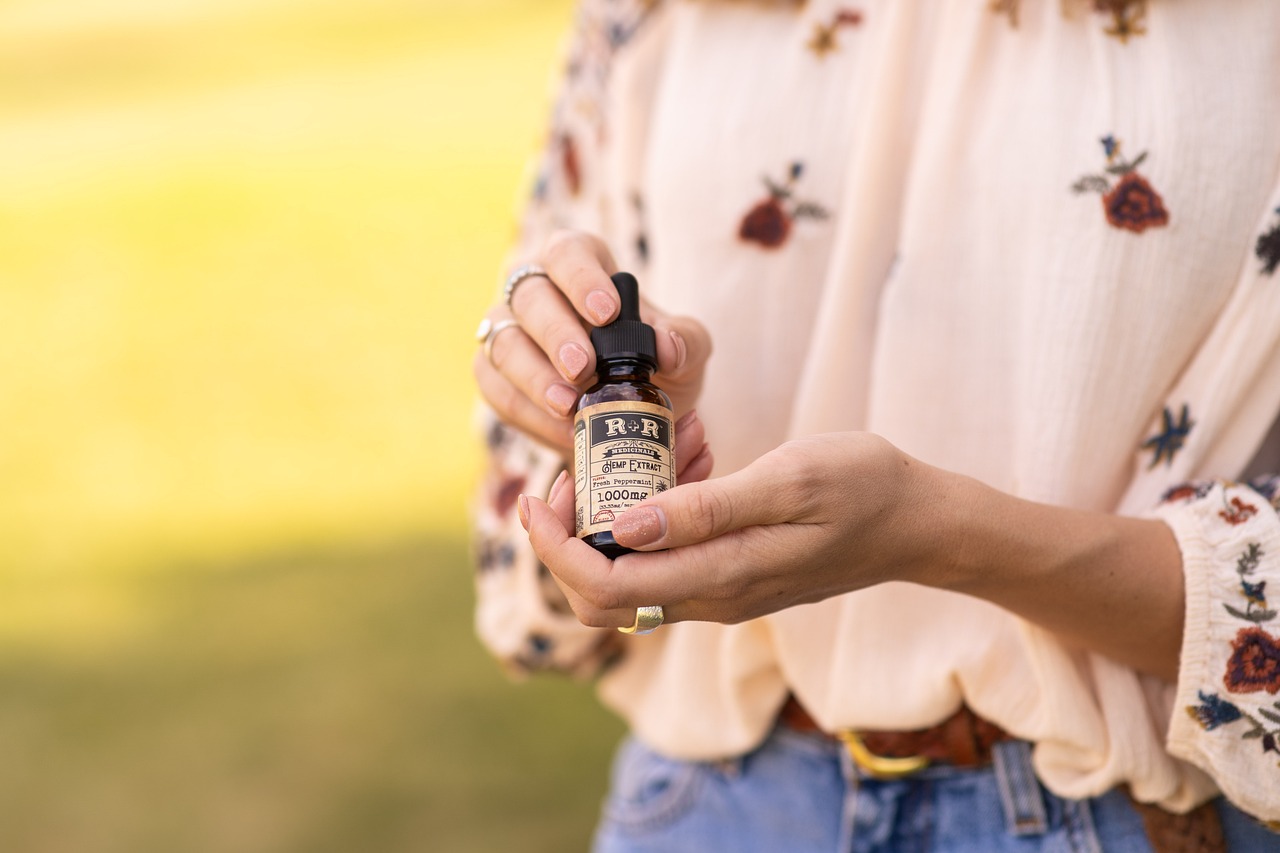In today’s rapidly expanding wellness market, CBD oil has emerged as a star player. The non-psychoactive derivative of the cannabis plant has won hearts worldwide for its potential therapeutic benefits. However, the surge in demand has led to a proliferation of products, not all of which maintain the quality and safety standards that discerning consumers should expect. So, how do you ensure you’re buying a quality CBD oil? This guide will walk you through the key factors to consider.
1. Hemp Source
The quality of CBD oil starts at its source. Hemp is a bioaccumulator, meaning it absorbs substances from the soil it’s grown in. If the hemp is grown in rich, organic soil, the CBD will be of higher quality than that extracted from hemp grown in poor conditions or with the assistance of chemical fertilizers and pesticides. Always opt for CBD derived from organically grown hemp.
2. Extraction Method
The process used to extract CBD oil from the hemp plant significantly affects the quality of the final product. CO2 extraction and ethanol extraction are the most common methods. CO2 extraction, though more expensive, yields a more potent and pure CBD oil. Ethanol extraction is cheaper and faster, but can also extract unwanted compounds. When buying CBD oil, look for products that have used the CO2 extraction method.
3. Full-Spectrum vs. Broad-Spectrum vs. CBD Isolate
CBD oil can come as full-spectrum, broad-spectrum, or an isolate. Full-spectrum CBD oil contains all the compounds found in the cannabis plant, including trace amounts of THC (up to 0.3%). Broad-spectrum CBD oil also contains multiple compounds but is typically free of THC. CBD isolate, as the name suggests, is pure CBD.
The choice between these depends on personal preference and needs, but it’s important to understand a key principle known as the ‘entourage effect.’ This term refers to the synergistic interaction of the cannabis plant’s various compounds. In other words, these compounds—cannabinoids, terpenes, flavonoids—may work better together than in isolation, enhancing each other’s beneficial effects and mitigating potential side effects.
For instance, full-spectrum CBD oil could offer amplified benefits due to the presence of all cannabis compounds, including THC. Meanwhile, broad-spectrum oil offers a THC-free option while still harnessing some degree of the entourage effect. CBD isolate, being pure CBD, does not provide the entourage effect but may still be preferred by those who want to avoid other compounds entirely.
If the entourage effect holds true, then full or broad-spectrum CBD oil may offer more potential benefits. When buying CBD oil, consider what you want from the product and whether the potential enhanced effects of full or broad-spectrum oils align with your wellness goals.
4. Third-Party Lab Testing
Transparency is crucial when buying CBD oil. Brands that invest in third-party lab testing show a commitment to quality and honesty. These tests verify the CBD content in the product and check for the presence of harmful substances like heavy metals, pesticides, or residual solvents. Always choose a CBD oil that provides access to third-party lab results.
5. Company Reputation and Reviews
Lastly, take some time to research the brand. A company’s reputation, customer reviews, and level of transparency can tell you a lot about the quality of their products. Look for companies that are open about their sourcing, extraction methods, and testing protocols. Read reviews and consider reaching out to the company with any questions or concerns.
Remember, not all CBD oils are created equal. Ensuring that you’re buying a quality product isn’t just about getting your money’s worth; it’s also about ensuring what you’re putting into your body is safe and effective. By keeping these factors in mind, you’ll be well on your way to choosing a high-quality CBD oil.
